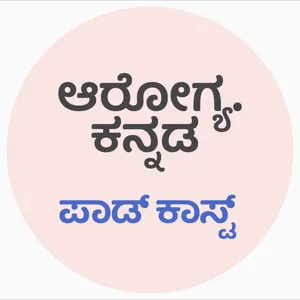Should Allergies Be Classified As A Blood Disorder?

Chronic illnesses can be classified under multiple umbrellas. But allergies are only official classified as an immune disorder. Should allergies be classified as a blood disorder as the histamine response occurs in the blood stream? Histamine is the chemical that is found in mast cells. When they leave the mast cells,histamines boost blood flow in the area of your body the allergen affected which can lead to certain symptoms depending on the part of the body where the histamine release occurs. For some it can lead to significant heart palpitations and anaphylactic shock, which can impact the circulatory system. In this episode Nurse Janara Iman-Thomas is going to talk about how pollens and foods get into the blood stream to cause allergies. She will share her passion for helping patients diagnose these allergies and prevent them from overburdening the immune system and reduce the inflammatory response in our bodies. ⦁ What are allergies. a histamine response in your blood. - Once in blood stream – body knows what belongs there... - Things that shouldn’t belong there... it has an immune response - Body creates an antibody against those things.... - Sends out a little army of histamines and says attack. - If it’s the first time... then your immune system handles ok. - Then the next time it sees it – it is going to attack bigger. - Building up a response to the point where you start having symptoms. - It means your immune system is functioning, but overload. - That’s where severe allergies happen. ⦁ How can allergies impact your cardiovascular system. Heart palpitations, high blood pressure, lack of oxygen in the blood ⦁ What are the different types of allergies - inhalants vs foods - let's talk about how they each get into the bloodstream ⦁ How do allergies occur? how do they evolve over time. - many want to know in detail how they go from a tree and mold or plant to food you eat ⦁ Advances in diagnosis ⦁ Advances in treatments
Cardiovascular diseases and allergic diseases occur commonly in developed countries. They lead to serious health complications and significantly impair the quality of life. Both types of diseases are characterized by excessive inflammatory processes. Recent studies suggest a link between allergy and an increased risk of cardiovascular disease, resulting from over activity of the immune system in allergic diseases and increased synthesis of pro-inflammatory mediators, which has been well documented in the pathogenesis of atherosclerosis.Data from the National Health Interview Survey demonstrated adults with a history of allergic disorders have an increased risk of high blood pressure and coronary heart disease, with the highest risk seen in Black male adults. The study is being presented at ACC Asia 2022 Together with the Korean Society of Cardiology Spring Conference on April 15-16, 2022."For patients with allergic disorders, routine evaluation of blood pressure and routine examination for coronary heart disease should be given by clinicians to ensure early treatments are given to those with hypertension or coronary heart disease," said Yang Guo, PhD, Department of Dermatology at the Institute of Dermatology at Peking University Shenzhen Hospital, Shenzhen Peking University-The Hong Kong University of Science and Technology Medical Center, and the study's lead author.
See omnystudio.com/listener for privacy information.

